Met Police apologise for Liam Allan rape case errors
- Published
Liam Allan said he was "disappointed" with how his case was handled
The Met has apologised to a student wrongly accused of rape for a series of errors in its handling of the case.
A review found that a "lack of knowledge" by police and prosecutors was to blame for the botched prosecution against Liam Allan.
The officer in charge of the case failed to find key evidence among 57,000 messages on the alleged victim's mobile phone, the report found.
Mr Allan, 22, had been charged with 12 counts of rape and sexual assault.
The case against Mr Allan at Croydon Crown Court was dropped after three days when the evidence on a computer disk containing 40,000 messages revealed the alleged victim had pestered him for "casual sex".
Mr Allan, from Beckenham, in south-east London, had been under investigation for nearly two years before his trial collapsed.
'Unreserved apology'
Mr Allan said he welcomed the recommendations made in the review but remained "disappointed" with the way his case was handled.
He added: "The report fails to address the true failures of this case."
The Met Police said the officer in charge of the case had asked to be moved to other duties, but has not been disciplined because there was no evidence of misconduct.
The problems with disclosure in Mr Allan's case were caused by "a combination of error, lack of challenge, and lack of knowledge", a joint review by the Met and Crown Prosecution Service (CPS) found.
The entire download of messages from the phone was not passed to the defence because the officer in the case said there was "nothing relevant on it", the review said.
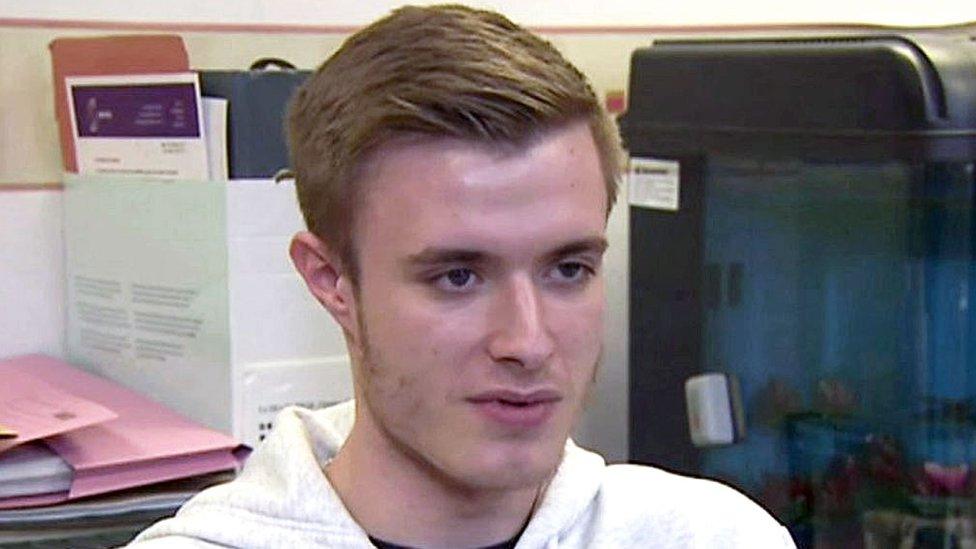
Liam Allan previously stated he felt 'betrayed' by the police and CPS.
It is understood messages which later resulted in the collapse of the trial included some between the alleged victim and friends saying what a kind person Mr Allan was, how much she loved him and that she had had a great experience with him.
There were also references to rape fantasies, Mr Allan's lawyer Simone Meerabux confirmed.
The officer in the case admitted in an email included in the review that he had been mistaken in his belief that he looked through the whole download.
Thousands of current rape and serious sexual assault cases in England and Wales are to be reviewed to ensure evidence has been disclosed.
The Met said it had drafted in 120 officers to review 600 rape and sexual assault cases where a suspect has been charged to identify any similar problems.
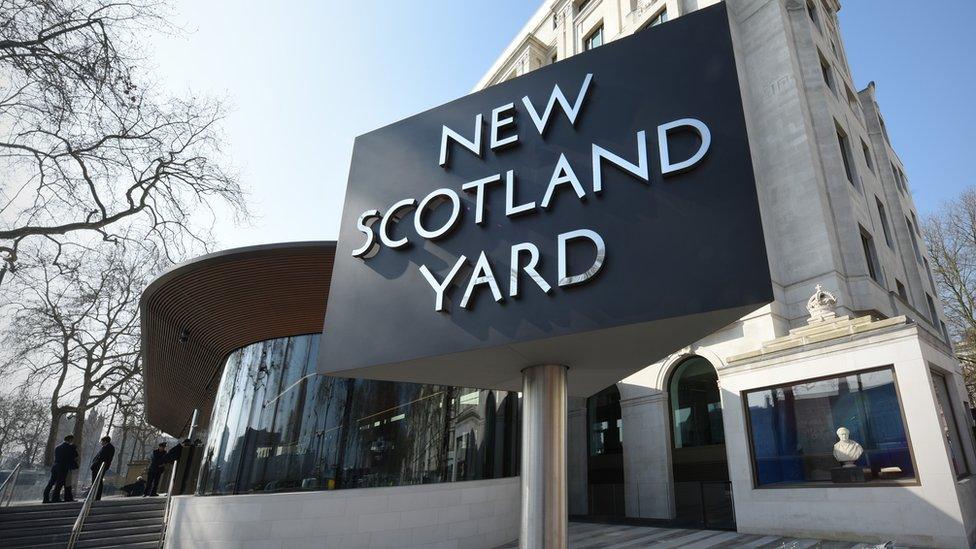
The Met said "lessons would be learned" from Liam Allan's collapsed rape trial
Met Police Cdr Richard Smith and Claire Lindley, from the CPS, met face-to-face with Mr Allan on Monday to discuss the findings into the review.
"It is clear from our review that both the Met and the CPS did not carry out disclosure procedures properly in this case," Cdr Smith said.
"Although we are confident there was no malicious intent in this case, it was important that we carried out this urgent review and learn lessons from it."
Ms Lindley said Mr Allan's case had highlighted some "systemic and deep-rooted issues".
She added: "The prosecutors involved in this case did not sufficiently challenge the police about digital material.
"That meant that it took longer than was necessary to drop Mr Allan's case. For that, the CPS has offered an unreserved apology to him."

Analysis by home affairs correspondent Danny Shaw
The Liam Allan case review sets out the errors which caused the late disclosure of evidence - but only hints at why police and prosecutors made the mistakes they did.
The detective who failed to search properly for the alleged victim's phone messages suggested he may have been confused because he had so many phone downloads to analyse.
It's thought the officer would have been responsible for over 20 cases, which Scotland Yard has acknowledged is too many.
The force is short of specialist sexual offence investigators and has a high number of detective vacancies.
The recommendations which accompany the review - for enhanced training, disclosure experts in the police and disclosure 'champions' in the CPS - indicate that in Liam Allen's case the issue simply wasn't seen as a priority, with those involved not adequately equipped or supervised.
- Published27 January 2018

- Published24 January 2018

- Published18 December 2017

- Published15 December 2017

- Published15 December 2017
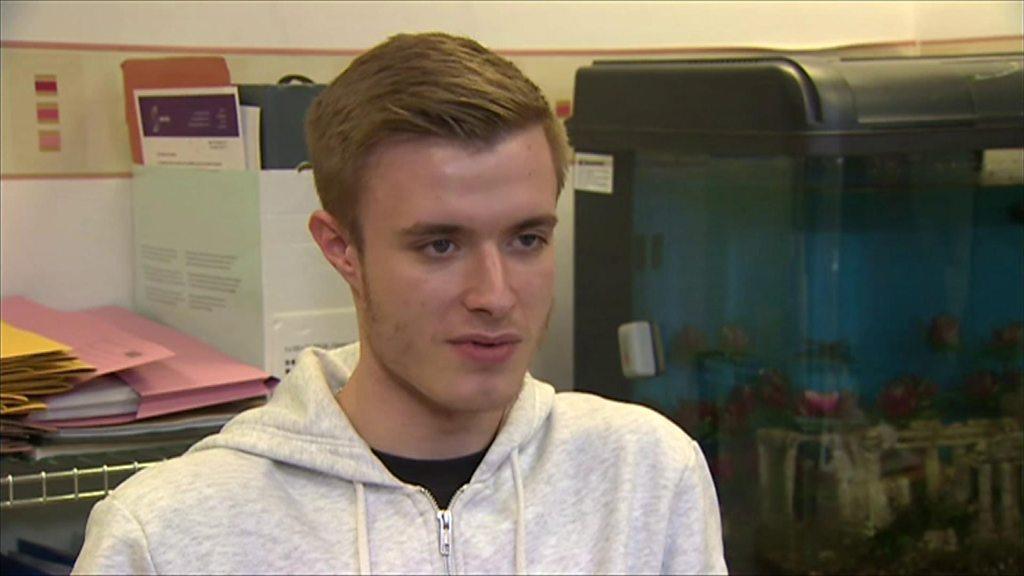
- Published15 December 2017
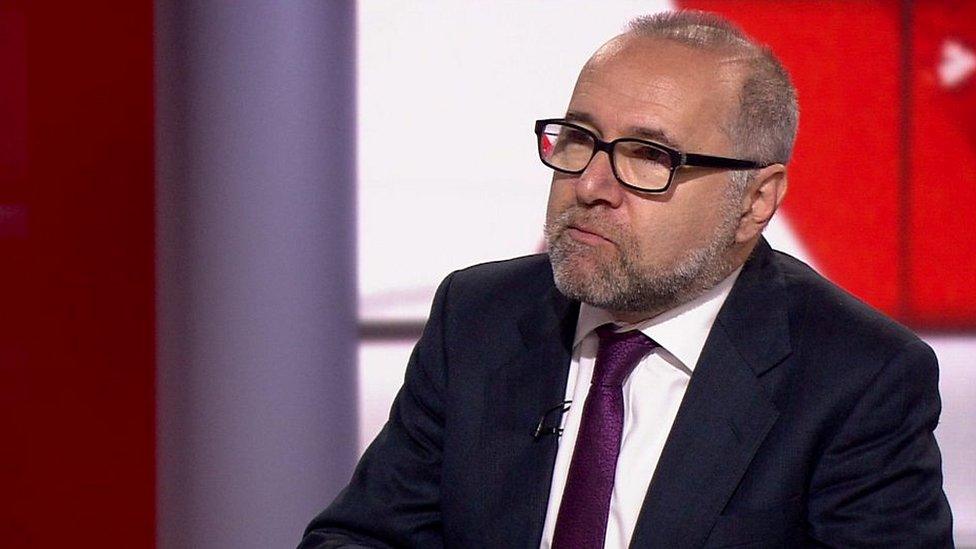
- Published15 December 2017
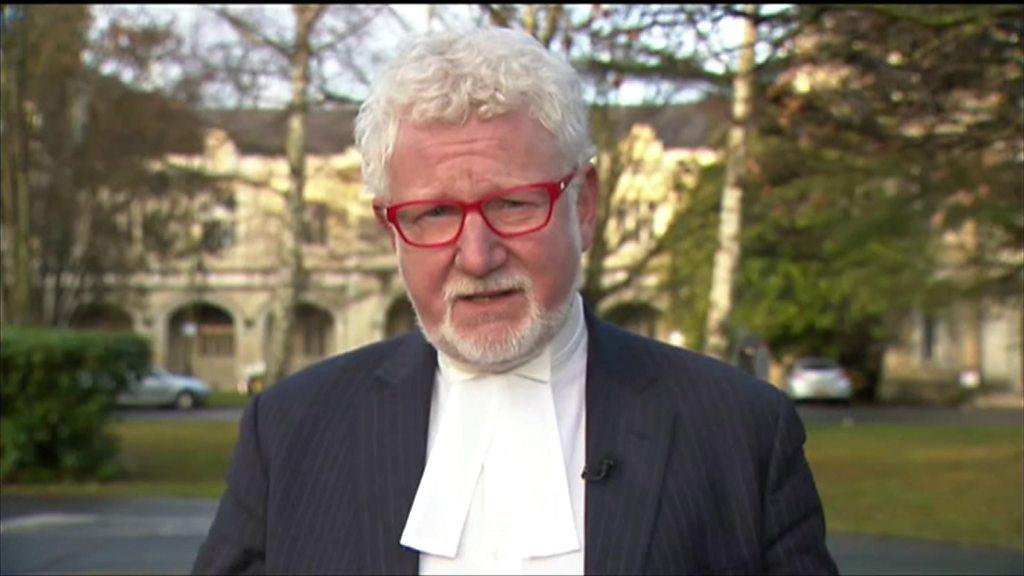
- Published15 December 2017
